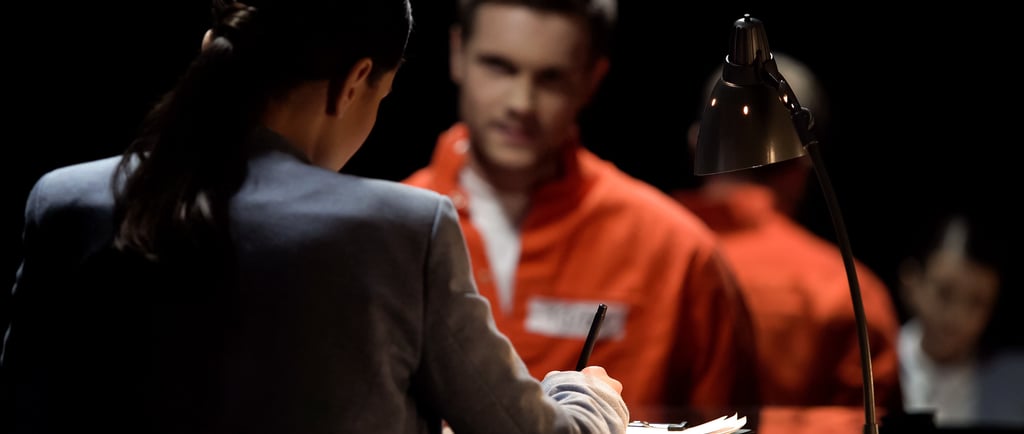Your Criminal Trial is Where an Experienced Criminal Defense Attorney Shines
Learn what to expect at your criminal trial and how a skilled defense attorney like Mark D. Hauser can challenge evidence, cross-examine witnesses, and protect your rights—especially when everything is on the line.
6/19/20253 min read


So, you’ve had your final Pretrial Conference and you were given a trial date, now what? Well, after all (if any) the motions (such a motion to suppress evidence) are heard, your trial will begin. You can have either a Jury Trial or a Waiver (Judge) Trial. The basic difference is that while the judge almost always determines the sentencing and legal rulings, in a Jury trial, the Jurors determine whether you are guilty or not (called “the trier of fact”). Mark D. Hauser can be your criminal defense attorney in Montgomery County, PA.
Jury Trials and the Process
If you have chosen a Jury Trial, your attorney, you, and the Assistant District Attorney with the Judge’s guidance choose a jury through a process called “voir dire.” In Philadelphia County, 12 jurors with two or three alternates (for longer cases) are chosen to hear your case. In order to be found guilty or not guilty it must be unanimous – meaning all 12 jurors must agree to the verdict. If there is a hung juror then the judge declares a mistrial and the trial process starts all over again.
Waiver (Judge) Trials vs. Jury Trials
If you have chosen a Waiver or Judge Trial, opening arguments are almost always skipped since they are deemed not necessary with a judge since he or she is familiar with the legal system already. (Usually at this point, the judge already knows at least a little bit about the facts and charges of the case from the Pretrial Conferences and any motions.) In a Jury trial, there is almost always an opening statement by both the Assistant District Attorney and the criminal defense attorney.
The Commonwealth Presents Its Case
The Commonwealth goes first with their case by presenting witnesses and evidence for consideration. Your attorney will object to certain testimony and evidence if they feel that it is not relevant enough to the case to be allowed into your trial. According to Federal Rule of Evidence 401, the test for relevance is whether the evidence has a “tendency to make the existence of any fact that is of consequence to the determination of the action more probable or less probable than it would be without the evidence.”
Legal Standards of Relevance and Admissibility
Hence, the judge must look at the “materiality” or the degree of the relationship of the evidence to the facts, and “probative value” or does the evidence make it more or less likely that the disputed fact is true. If the judge rules that the evidence is not relevant then the evidence is obviously not allowed into your trial. (Which evidence is allowed into a trial is much more complicated than this sometimes, but that is beyond the scope of this article.)
Objections to Improper Questions
Your attorney will also object to any improper questions by the Assistant District Attorney, such as leading questions, stating facts not in evidence, or making legal or conclusory statements in the formation of the question. These are the types of questions which are often allowed on television programs and movies, but are not allowed in a real courtroom. Mark D. Hauser can provide more advice when you contact him to be your Delaware County criminal defense attorney.
Cross Examination: Where Your Attorney Shines
After a witness testifies, then your attorney is allowed to cross examine the witness. This is where your attorney gets a chance to really demonstrate his worth since cross examination is the hardest and most important part of most criminal trials. Witnesses usually sound great on “direct examination” since they are only talking about the things that they want to talk about AND no one is challenging what they are saying. But sometimes, after a good cross examination, witnesses sound a lot less credible than they did on their direct testimony.
Impeaching Witnesses and Exposing Inconsistencies
On cross examination an experienced defense attorney will try to show the witness’ bias, a lack of knowledge as to what they testified to, an inability to see what they testified to, any overstatements or exaggerations, flat out lies, and inconsistent statements from any statements they made previously. This last concept is very important and is called “impeaching the witness” where their previous statements are read into the record (often by the witness themselves).
Cross Examination in Real Life vs. Television
As discussed above, cross examination on television shows and movies are different than in real life oftentimes because the attorneys (actors) say things that are not allowed in a real life trial. Hence, in real life there are generally less “fireworks” during cross examination than on television shows or in the movies. But, they are often very effective even without the fireworks because bias, lies, and inconsistencies bother the triers of facts in any trial.
